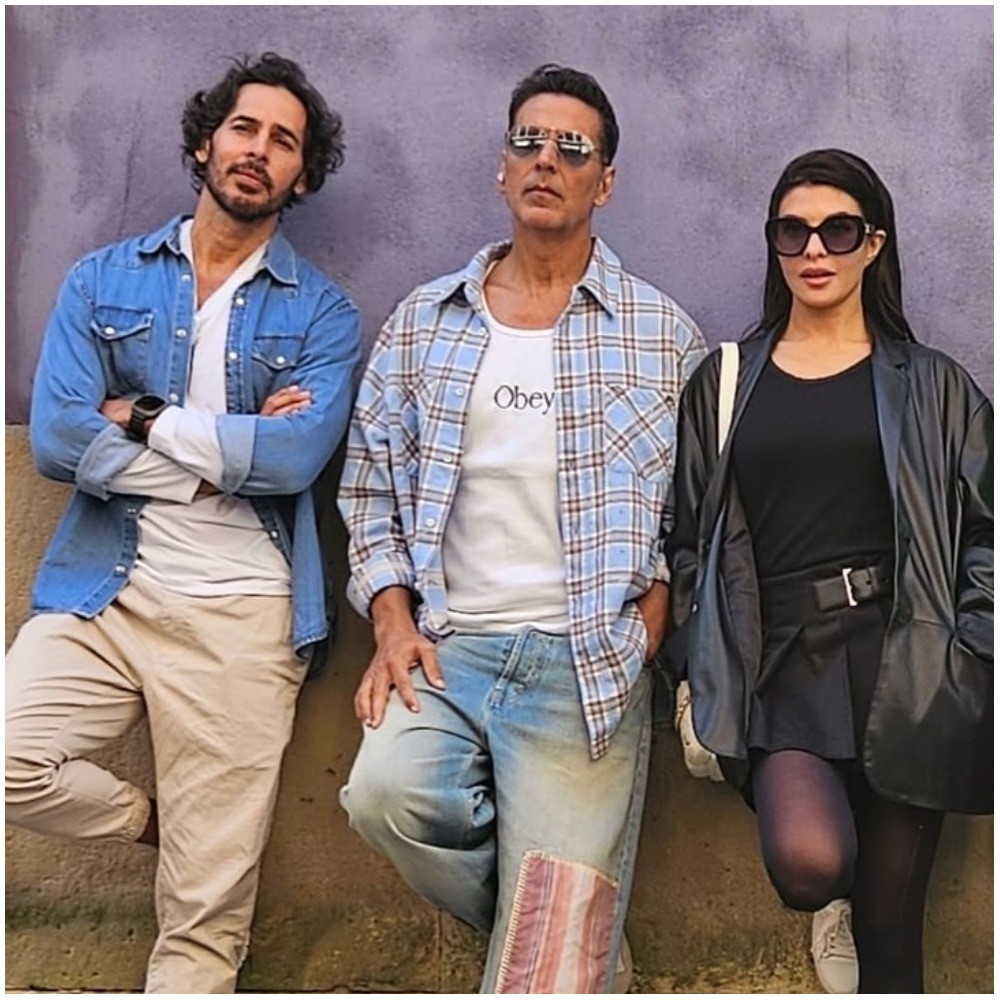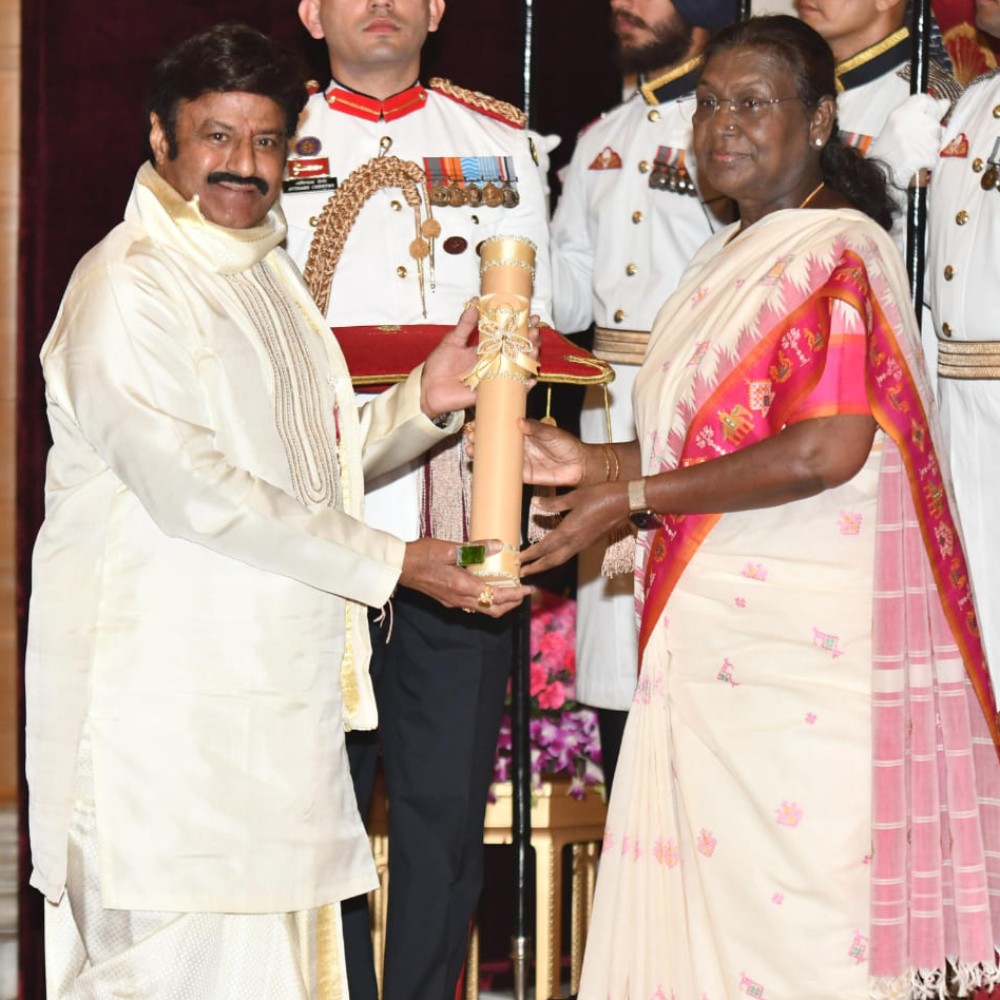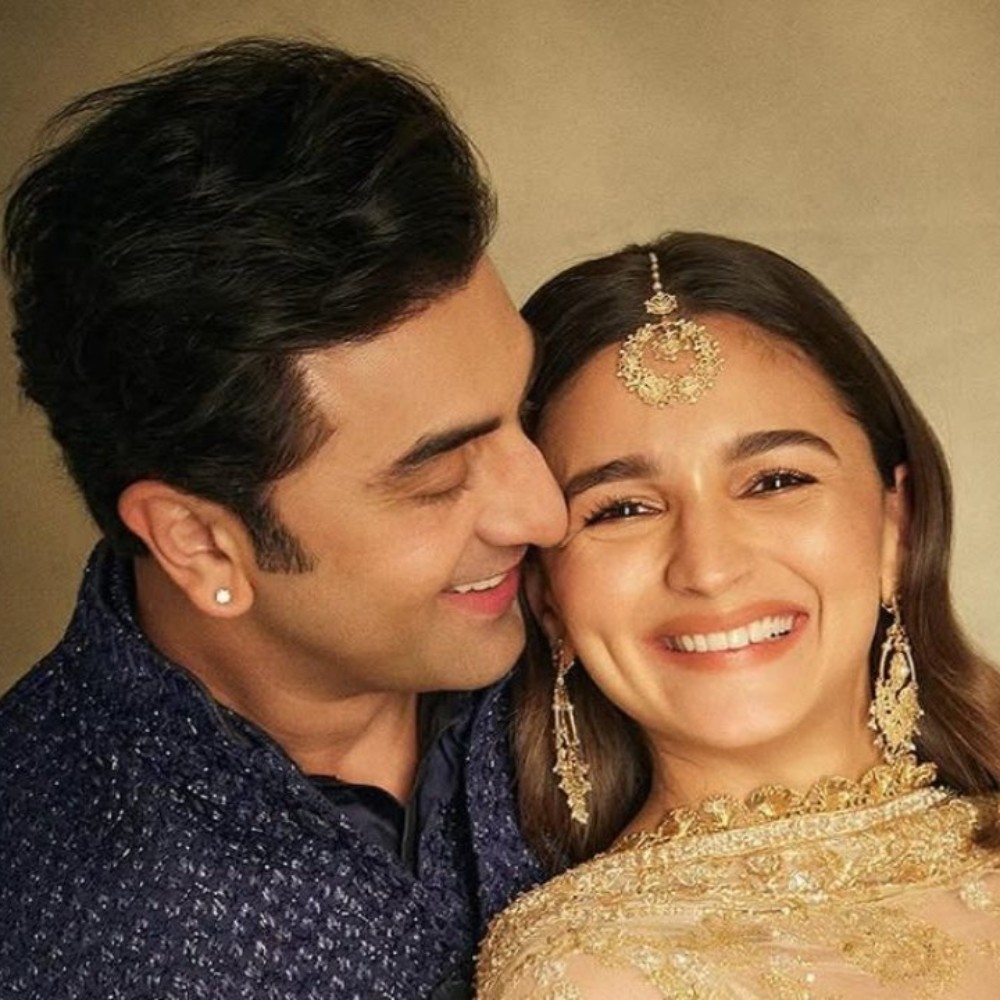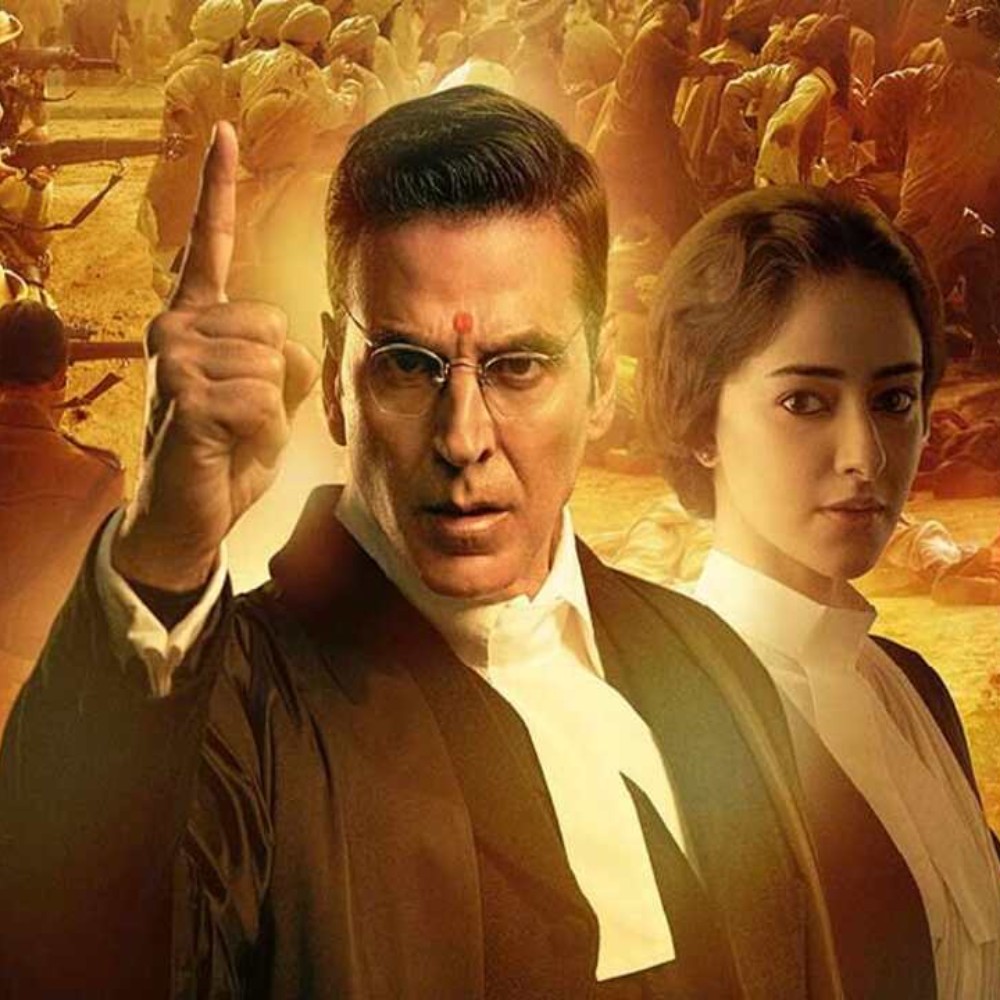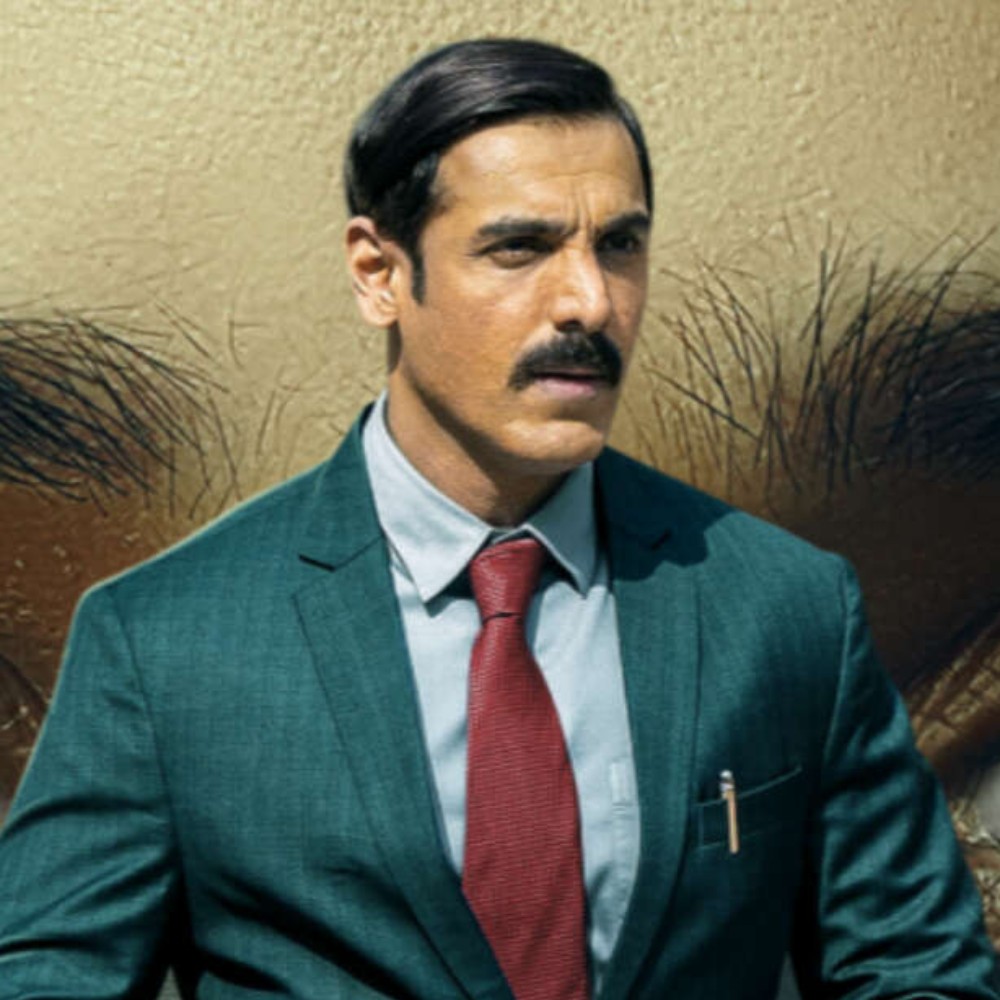Manto Movie Review: Nawazuddin Siddiqui is to acting what Saadat Hasan Manto is to literature
Manto Movie Review: Nawazuddin Siddiqui's film is an ode by Nandita Das to a misunderstood intellectual who was above his contemporaries and gave us stories that defied the lines of reality and fiction.

Two distinct scenes that are etched in my brain post watching Manto involves Saadat Hasan Manto and his dear friend and actor Shyam. One takes place in the first half after India achieves Independence from British Raj. However, this freedom came at the cost of the Hindu vs Muslim struggle, which continues to this day. As a bereaved Shyam threatens to kill Muslims if they come near him, Manto asks whether he would kill him too since he was a Muslim himself. Shyam's reply was enough for Manto to leave his beloved city of Bombay and shift base to Pakistan, something he was completely against. Cut to, a few years later when Shyam comes to visit a deteriorating shell of a man in Manto and you see the unbecoming of a brilliant artist, too ahead of his time.
Manto is an ode by Nandita Das to a misunderstood intellectual who was above his contemporaries and gave us stories that defied the lines of reality and fiction. He believed in becoming the voice of the voiceless, specifically for women. He wrote about prostitutes and topics that were deemed as 'Obscene' but the underlying essence of his stories was understood a little too late. Manto was a man more concerned about his literature being defamed as being sub-standard than the hearing of his court case, which could have led to months of imprisonment.
The biopic delves into the life and times of Pakistani writer Saadat Hasan Manto from his flourishing days in the heartland of India, Bombay to his downward spiral in his remaining days in a newly formed Pakistan, specifically Lahore. You see Manto as the uninhibited personality who used the freedom of expression to the fullest but was always questioned for his motives. Before an Independent India, Manto's writings were celebrated. However, when he was forced to shift his home base to Pakistan, his literature was touted as 'sensationalism'.
Nandita Das has done a spectacular job in breathing life to Manto's words on-screen with a special mention to one of his notable and celebrated works, Thanda Gosht (Cold Meat). Manto's crisp storytelling was given an earnest tribute with a special appearance by Divya Dutta and Ranvir Shorey. Nandita has skillfully used Manto's sharpest tool, his writings to tell his story. However, much of the focus was on the controversies that were a part and parcel of Manto's life. Not too much focus was given to the psyche and the mind palace of what made Manto the man that he was, unique from the rest of his counterparts.
There aren't enough words in the English dictionary to explain what an exemplary performer Mr Nawazuddin Siddiqui is. His minimalistic and restrained performance is so heart-wrenching to watch. Nawaz has managed to capture the essence of the inner turmoil Manto had to face with ending his beautiful love affair with the city of Bombay, where his ammi, his abbu and his firstborn were buried. The sheer look of distraught when he had to bid adieu to Bombay showed the shift in Manto's outlook towards life and his slump to alcoholism, hallucinations and writer's block. It was tragically beautiful to watch.
Manto's wife Safia (Rasika Dugal) was his biggest support system yet his strongest critic as well. Rasika earnestly immerses into the innocence of Safia and gives us a supporting character that was just as important as Manto himself. A special mention to Tahir Raj Bhasin as Shyam and Rajshri Deshpande as Ismat Chutgai, two strong characters that were the metaphor in Manto's life for India. Manto's friendship with Ismat was beautifully woven into the story.
Rita Ghosh's production design and Kartik Vijay's cinematography brings intricate realism to how India was pre-Independence and how Pakistan was post-Independence.
A gut-wrenching scene in Manto features Manto's Toba Tek Singh, which is like a mini-autobiography of the writer himself. The constant battle of being a Pakistani with his heart in India. That is what Manto represented. In his own words, "It is also possible, that Saadat Hasan dies, but Manto remains alive."
Saadat Hasan Manto deserved his own story and that was what we got with Nandita Das' Manto through Nawazuddin's eyes. Bollywood, you can take your Sanjay Dutt's and we're happy with Manto.
We rate it a 70% on the movie meter.






 JOIN OUR WHATSAPP CHANNEL
JOIN OUR WHATSAPP CHANNEL
